
PepsiCo’s award-winning chief design officer reveals the secret to creating life-changing innovations: putting human needs at the center of any design process.
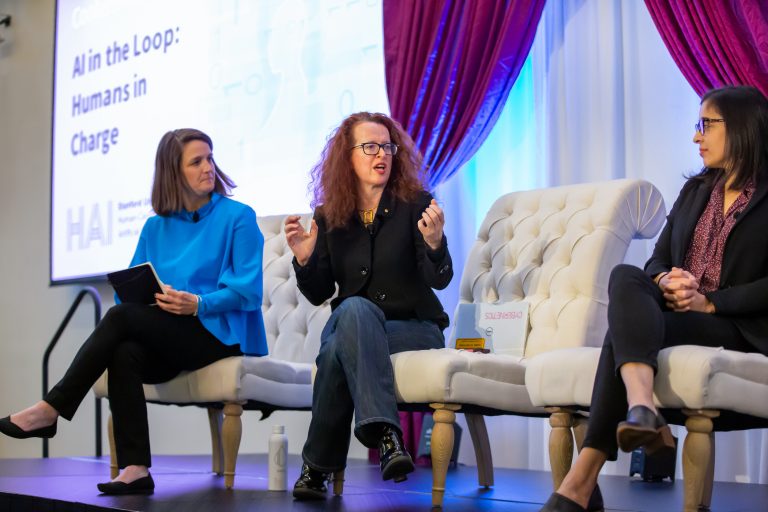
At the "AI in the Loop: Humans in Charge" conference, which took place Nov. 15 at Stanford University, panelists proposed a new definition of human-centered AI – one that emphasizes the need for systems that improve human life and challenges problematic incentives that currently drive the creation of AI tools.
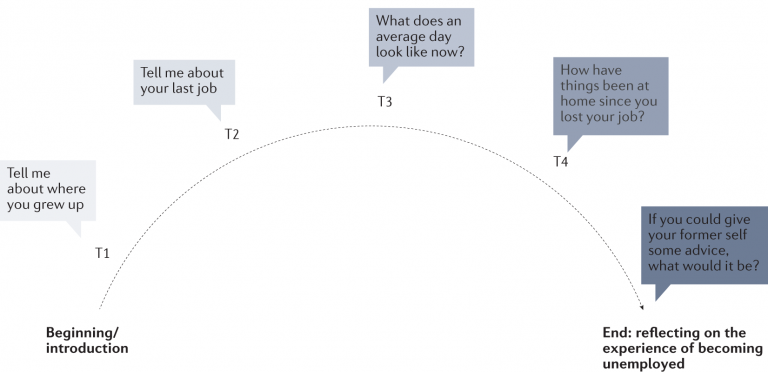
In this Nature Reviews Method Primer, Eleanor Knott, Aliya Hamid Rao, Kate Summers & Chana Teeger off the London School of Economics focus on the stages and challenges of designing and conducting an interview project and analysing data from it, as well as strategies to overcome such challenges.
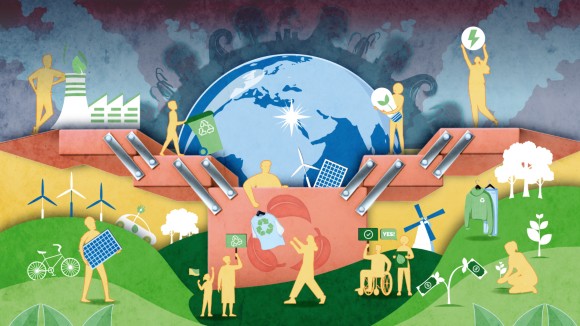
This Focus of Nature Magazine, a collaboration between Nature Human Behaviour and Nature Climate Change, features a broad range of Review and Opinion content on the role of human behaviour in adaption to climate change and mitigation of its negative consequences.
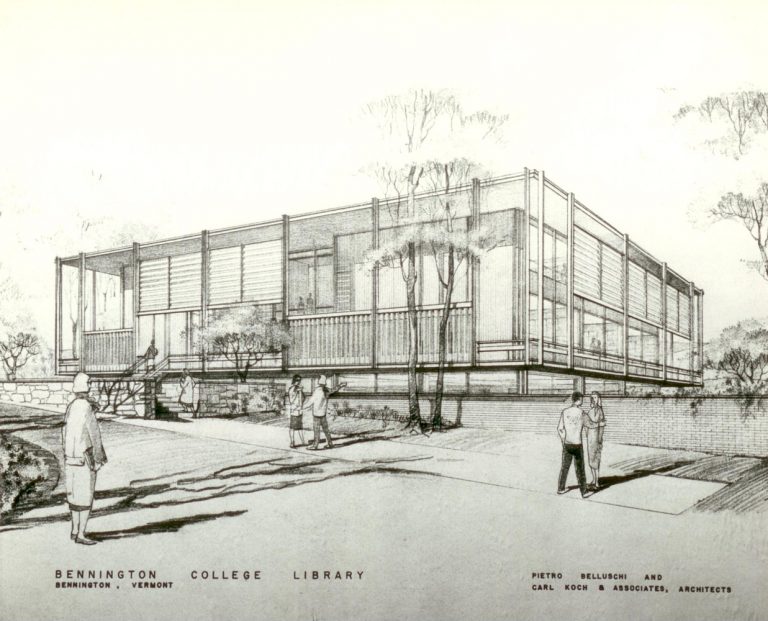
Approaching architectural design with a UX designer’s mindset ensures a more holistic approach to designing the experience of using a building. From the outset, a stronger understanding of the user enables human behavior to dictate the design to a greater degree.

This book explores the application of service design to urban commons, focusing on the Reggio Emilia Ducal Palace in Italy.
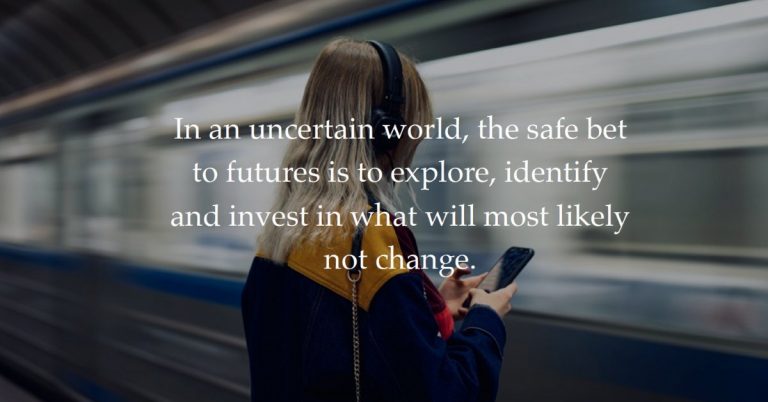
In an uncertain world, the safe bet to futures is to explore, identify and invest in what will most likely not change.

Julia Tan and Carolina Aldas of Spotify provide some recommendations on how user research and Engineering can improve their collaboration during the Discovery Phase to come up with more feasible product solutions.
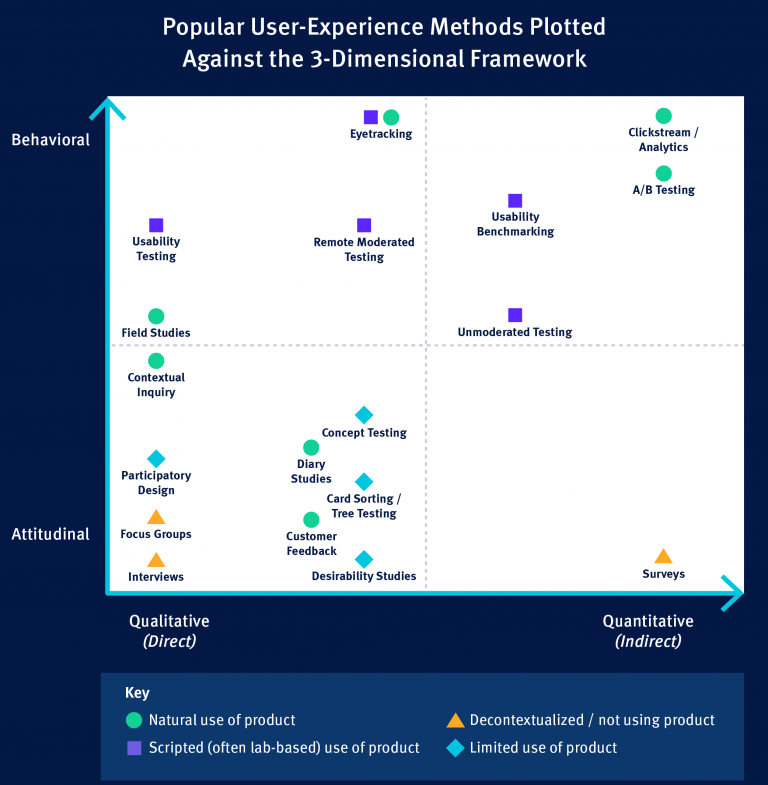
Modern day UX research methods answer a wide range of questions. To help you know when to use which user research method, each of 20 methods is mapped across 3 dimensions and over time within a typical product-development process.
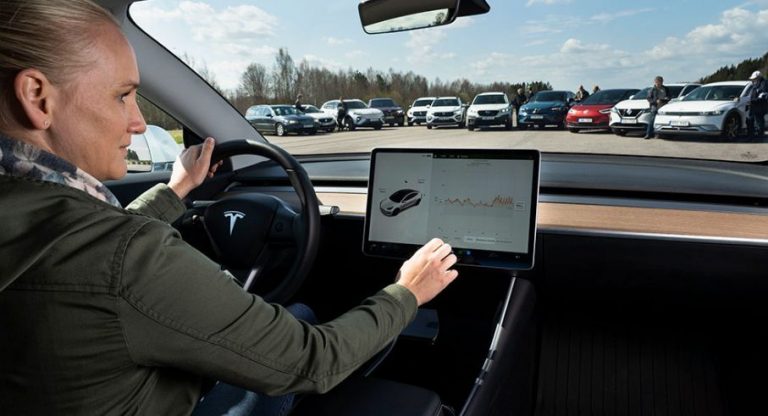
Physical buttons are increasingly rare in modern cars. Most manufacturers are switching to touchscreens – which perform far worse in a test carried out by Swedish car magazine Vi Bilägare.
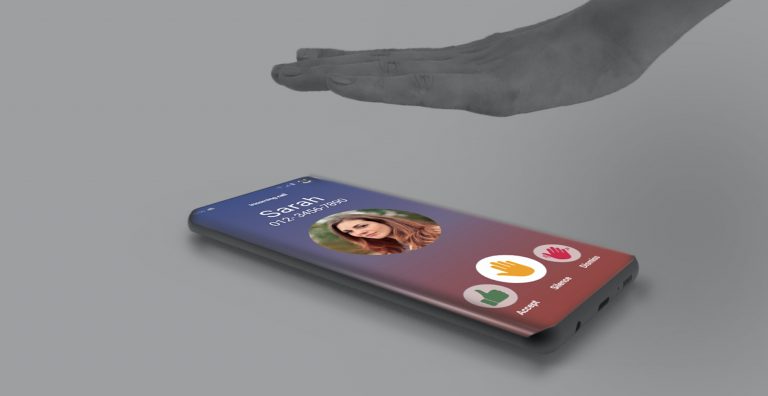
A touchless UI has an edge over devices that require touch interactions because decreasing physical contact is helpful in diverse contexts—from food-processing plants to an airport’s self-service registration kiosks.

This book advances the practice and theory of design ethnography. It presents a methodologically adventurous and conceptually robust approach to interventional and ethical research design, practice and engagement.
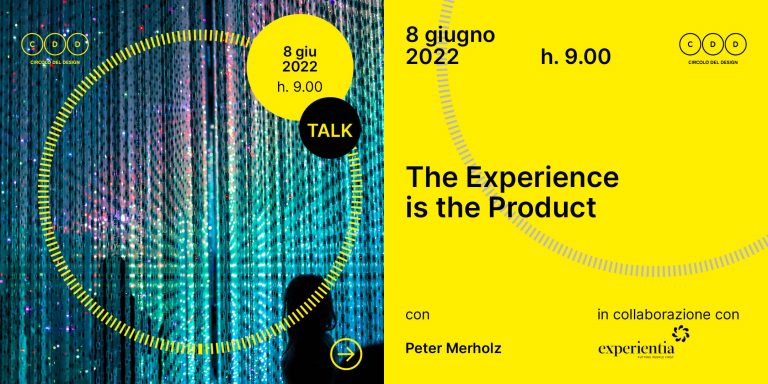
Peter Merholz will be speaking in Torino (Turin, Italy) on Wednesday 8 June. The 9am morning talk will take place in the courtyard of the Circle of Design.
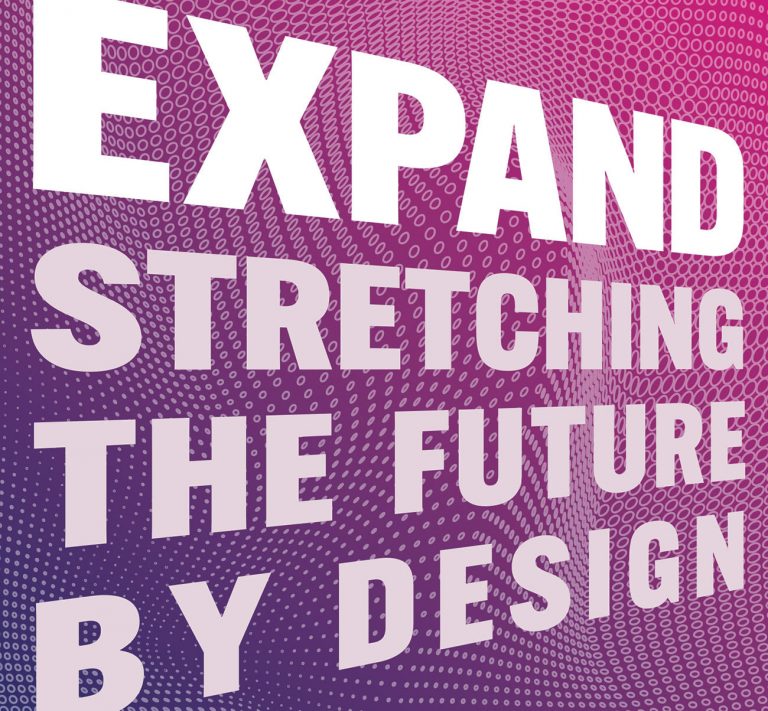
From transforming the ways we do business and reimagining health care, to creating planet-restoring housing and humanizing our digital lives in an age of AI, Expand explores how expansive thinking across six key areas—time, proximity, value, life, dimensions, and sectors—can provide radical, useful solutions to a whole host of current problems around the globe.

How to use systems thinking to drive improved outcomes in complex situations.
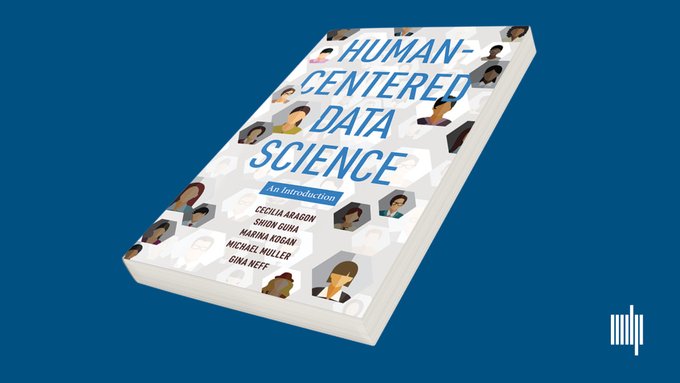
Best practices for addressing the bias and inequality that may result from the automated collection, analysis, and distribution of large datasets.
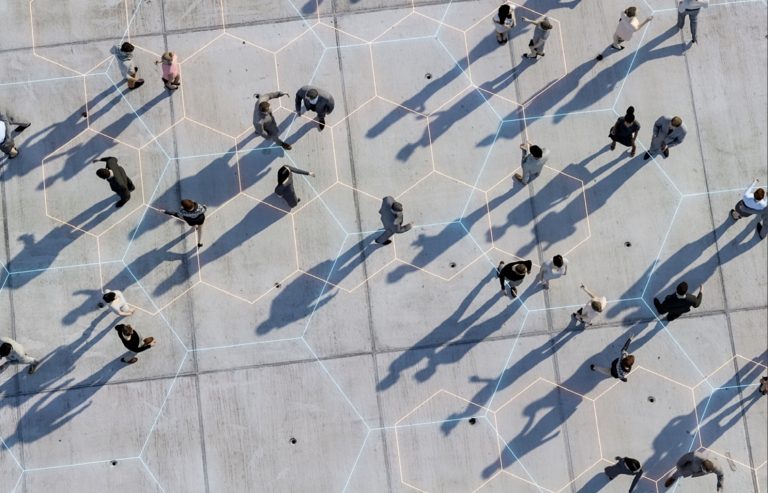
One of the key success factors of Regulatory Technology ("RegTech") is a commitment to radical user-centricity, according to a new white paper by the World Economic Forum.
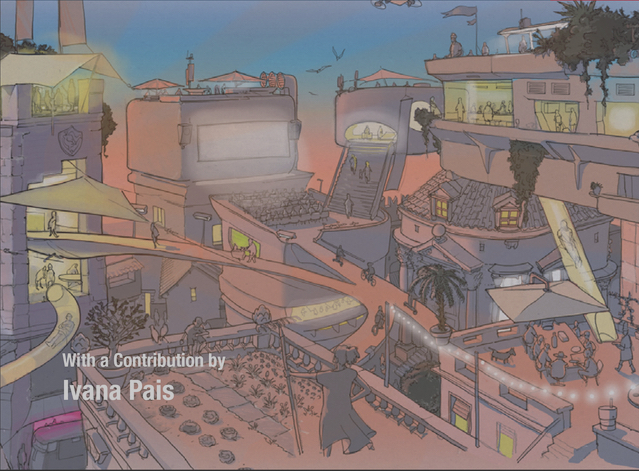
Ezio Manzini's ideas for the city that cares.

The latest IPCC report on the Mitigation of Climate Change has a lot of meat in it for those engaged in human-centered design, behavioral change strategies, and behavioral sciences.
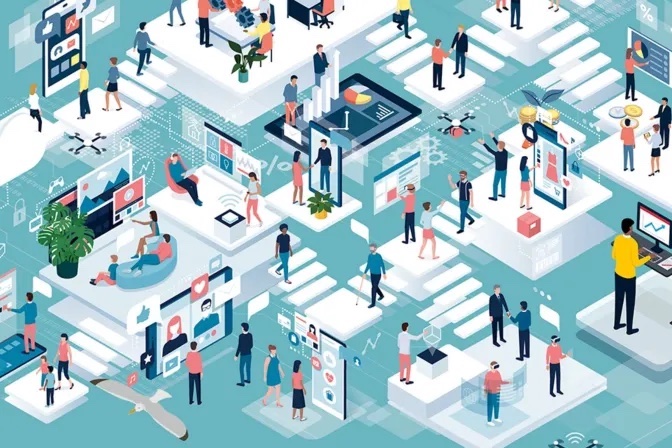
In Human-Centered AI, Professor Ben Shneiderman offers an optimistic realist's guide to how artificial intelligence can be used to augment and enhance humans' lives.



















